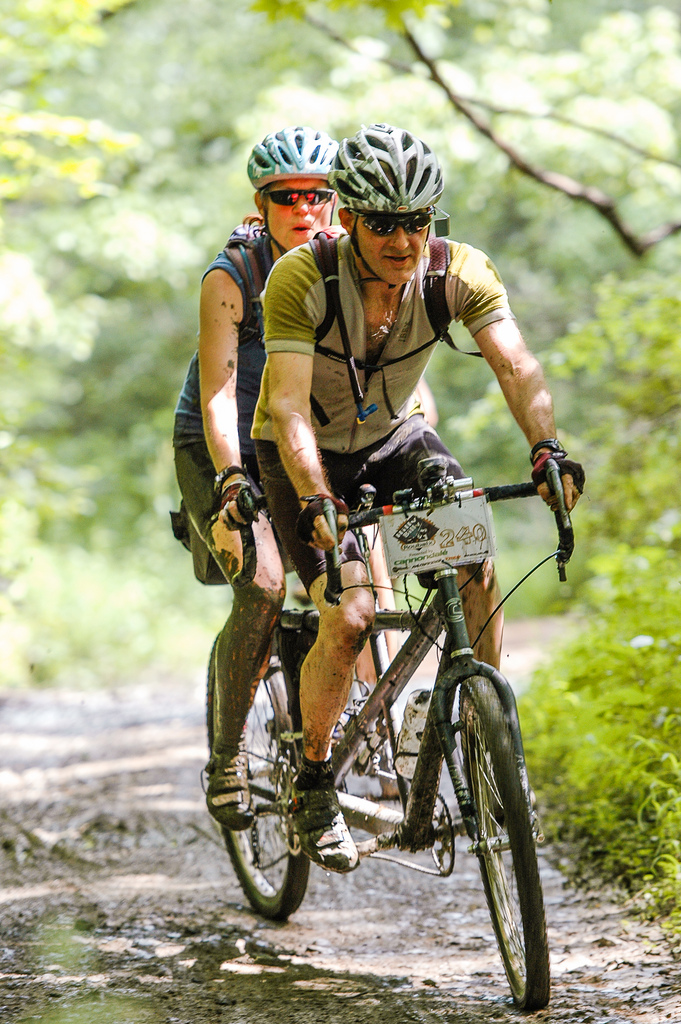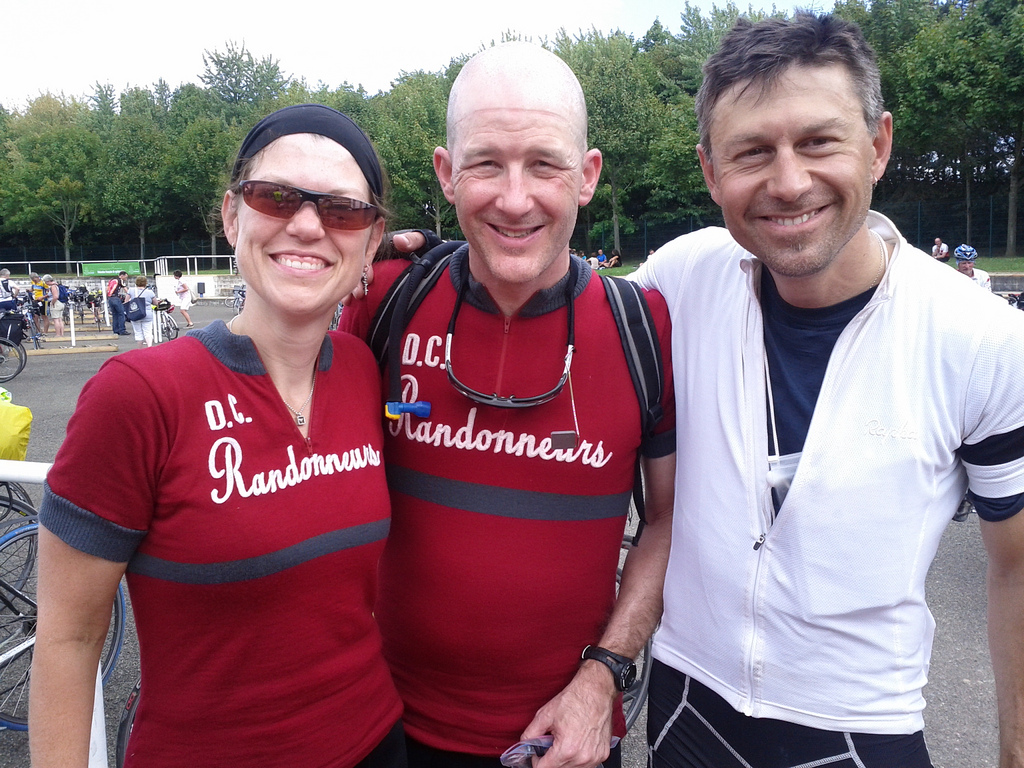
When mainstream media picks up a thread about the effects of endurance pursuits on health, I usually hear about it. The most recent one I know of was covered in the Wall Street Journal.
The article’s focus was “extreme exercisers,” and how they may experience some health benefits from their activities, but likely put their health at risk in other ways as a result (such as atrial fibrillation and coronary-artery plaque).
I’m sure this study and others like it are a validation to all those who put extreme exercisers in the “crazy” category. “What did I tell you? You-all are crazy for doing insert whatever endurance activity you do here!” they say. “Not only are endurance pursuits crazy. They’re bad for you, too! ”
My rando-buddies and I love reading and discussing studies about endurance. (Yes, I’m talking about you, Barry.) I find it interesting that certain scientists and researchers want to study the physical effects of endurance activities on people.
As someone who has completed multiple marathons and 1200K randonnees, I will tell you straight up that studies suggesting potential health dangers due to these activities will not deter me from doing them. Why? Because my impetus to attempt endurance activities is not founded in physical benefits. In fact, their appeal goes far beyond that.

I admit that I started running as an adult because I wanted to get into shape. I started cycling to maintain my fitness when I could not run. Overall, I believe I’m healthier as a result of randonneuring and marathons, not necessarily from the events themselves but because of the level of fitness and nutritional awareness I’ve gained by training for them.
However, I never ran a marathon or rode a brevet because I thought it would make me healthier. I began participating in longer events primarily because I wanted a new goal. I wanted to test my limits, and to see how my body would fare under more intense physical and mental challenges.
So much of my life falls into what I consider the safe and even boring category. Brevets and marathons give me a chance to extend the limits of my safe and boring life while still being relatively tame activities I do mostly on weekends.
Someone once told me that we so often have no idea of what our bodies are capable of doing. Through endurance, and the effort of pushing through sleep-deprivation and other physical and mental discomforts, I become more deeply aware of myself. I experience the endorphin release and emotional thrill that comes from weathering whatever a ride throws at you. And at the end of it all, I get a story to file away under life’s great memories.
Some people understand that allure well. Some have other reasons that draw them to endurance sports. Others will never get it. To them, we’re just crazy. To me, we’re clawing our way to a glimpse of the good stuff.
It may seem ironic that a physical endeavor is not so much about its relationship to overall fitness, but rather its psychological aspects. If my lifespan is shortened because of the marathons I’ve run and the 1200Ks I’ve ridden, I accept that fate.
For those of you who randonneur or run marathons or ultras, would a research study detailing the physical limitations of endurance events dissuade you from participating in them? I doubt it.
Comments & questions welcome – moderated for trolls and spam.